BY MAHMUD NASIR JAFAR
A few days ago, a social media user asked a question in response to a news article on whether Sokoto state had in place a system to curb the menace of the much-abused Almajiri culture, and it piqued my interest at once. But before I responded with the facts of what’s on the ground, a more informed expert on the issue, Mr. Abdulrahman Leme, cleared the doubts and provided an insight into an intervention kickstarted by Governor Aminu Waziri Tambuwal.
Over the past six years, Mr. Leme said, Sokoto state has worked on a policy to transform the Almajiri system, and that it has led to the adoption of the Indonesian-type Islamic school system known as the Pondok Pesantren Madrasah system. As a consultant for a UNDP-funded project on reforming the Almajiri practice and institution, Mr. Leme has traversed the North, including Sokoto state, to partner with existing policies on restructuring the Almajiri system. Hence, he cited the Indonesian model built on the integration of Islamic and secular curricula and, very significantly, compulsory vocational training to prepare young students for an entrepreneurial life and self-reliance.
The reason Sokoto’s choice of that practical intervention impressed me is the approach taken by other states. When COVID-19 measures became strict across Nigeria last year, as public spaces and states shut down, northern states embarked on “deporting” the Almajirai—migrant students of informal and registered Islamic schools — to their states of origin.
Advertisement
Sokoto state opposed this cruel resort which even led to a political standoff between Kano and Kaduna states. What was intended to manage the spread of coronavirus became a vehicle for the spread of the infection and toxicity of politicians by those elected to preserve the dignity of citizens.
While the Governors of Kano and Kaduna states were locked in a war of words that resulted in both states closing their “borders” to prevent movement, Governor Tambuwal’s plan for the Almajiai was being tailored for full implementation. Since the lockdown, the Tambuwal-led administration has doubled up on implementing the Pondok model and offering the North a lasting solution to the cross-generational dilemma that’s the Almajiri system.
But Tambuwal’s intervention began much earlier. In 2016, while acknowledging the educational disadvantages of Sokoto state, the Governor declared a state of emergency on education. The government set up a committee aptly referred to as the State of Emergency Committee on Education and tasked it with conducting a needs assessment in all public schools across the state and in also making sense of the complexities of the problems that undermined education in the state. The findings of this committee necessitated the need for the Pondok model.
Advertisement
This declaration of a state of emergency was timely and necessary because of the calamity it spelt out for the state. Around that period Nigeria had been ranked top of the countries with the most out-of-school kids in the world, with the northwest having 69% of the nearly 13 million children. In Sokoto, the situation was critical when Tambuwal took power in 2015. Even though primary education is officially free and compulsory, about 1.3 million children of primary school age are out of school in Sokoto State. The first intervention Governor Tambuwal initiated to tackle this dysfunction was a bill to criminalize parents’ refusal to send their children or wards to school. This was a radical and sincere move to encourage school enrollment.
The Pondok system, unlike the previous Almajiri model, incorporates a Western system and technical and vocational learning into the curricula, and this is made easy because it’s designed to build on existing local institutions and around structures the people find familiar. The aim is to sustain lifelong academic and vocational learning for one million vulnerable or at-risk children across the state by 2030.
The success of this unfolding of Pondok-type system in Sokoto state, which is referred to as Almajiri Nizamiyyah in official policy documents, levers around some of the similarities it shared with the previous Almajiri system even though the latter needs retouching. Aside from projecting Islamic education and values, both systems are culturally established, sustained by lifelong attachment by the society, adaptable to change, owned by various organizations, regulated by the Ministry of religious affairs, and largely funded by Awqaf.
Before now, this old Almajiri school system is notorious for subjecting vulnerable children to extreme poverty, which powers their choice of street and house-to-house begging to survive. In the end, the supposed students are left at the mercy of diseases, untreated illnesses and with no employable skills or recognized qualifications to fit into the labour market, usually ending up as delinquents or notorious thugs-for-hire. The implemented Almajiri Nizamiyyah model stands out for its emphasis on vocational or entrepreneurial training for the students.
Advertisement
As the seat of the Caliphate and host of Nigeria’s highest Islamic authority, Sokoto state functions as a model for other states, and this peculiar solution to the bastardization of the Almajiri system is an overdue reform that should be replicated by other states at the crossroads in the efforts to reform the Almajiri system. The truth is, the tough talks of abolishing the Almajiri system entirely are impractical and empty suggestions that various generations of policymakers have failed to actualize. It is impossible to abolish a system that is already harbouring millions of children. You can’t simply erase them. The solution rather is to restructure; to find a way to make this already existing system work. And this is where the Pondok-type system comes into play.
The dilemma is even worse now that Boko Haram and other violent extremist groups are waging war against western education and frustrating mass education campaigns.
Mahmud Nasir Jafar, a public affairs analyst, writes from Gwarimpa, Abuja.
Advertisement
Views expressed by contributors are strictly personal and not of TheCable.
1 comments
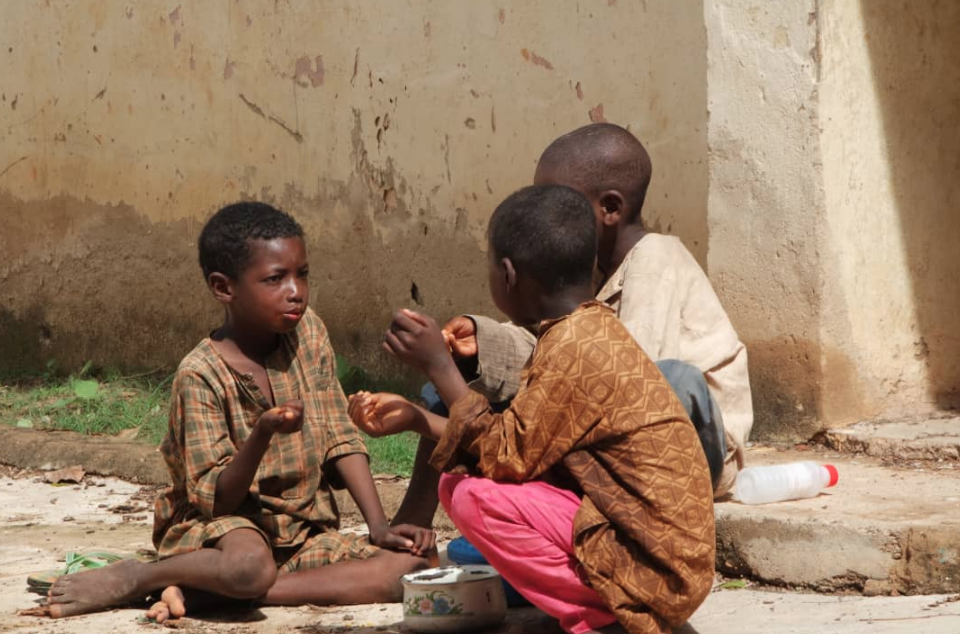
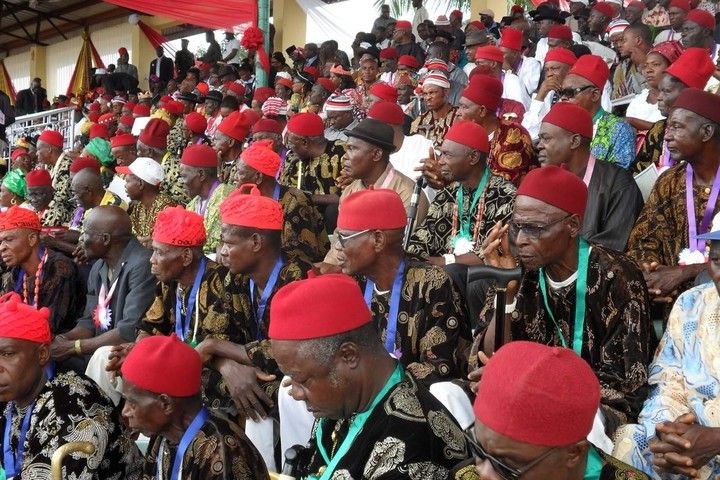

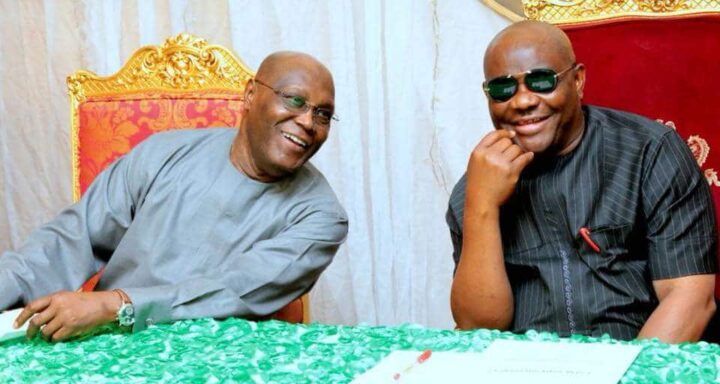
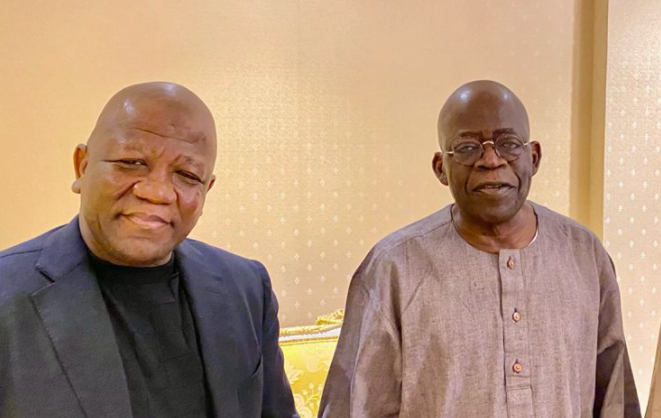
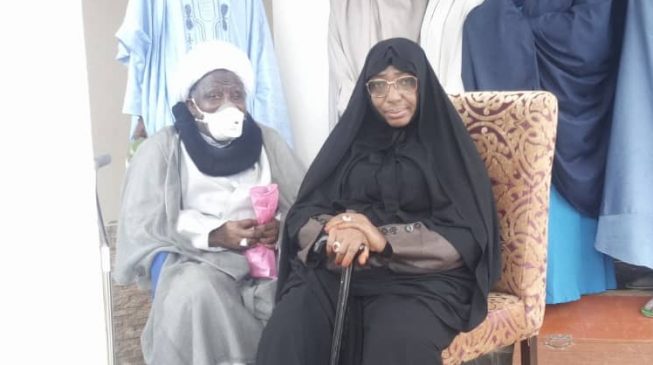

This is very interesting. It is a more practical approach. If we say we’re going to abolish the system, what are we going to do with the children?